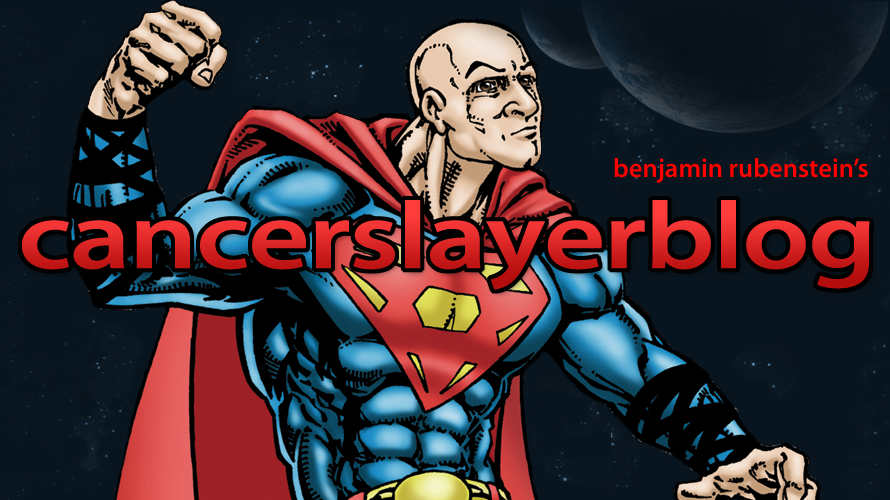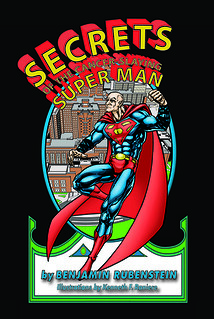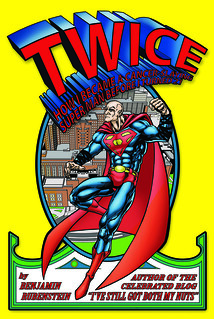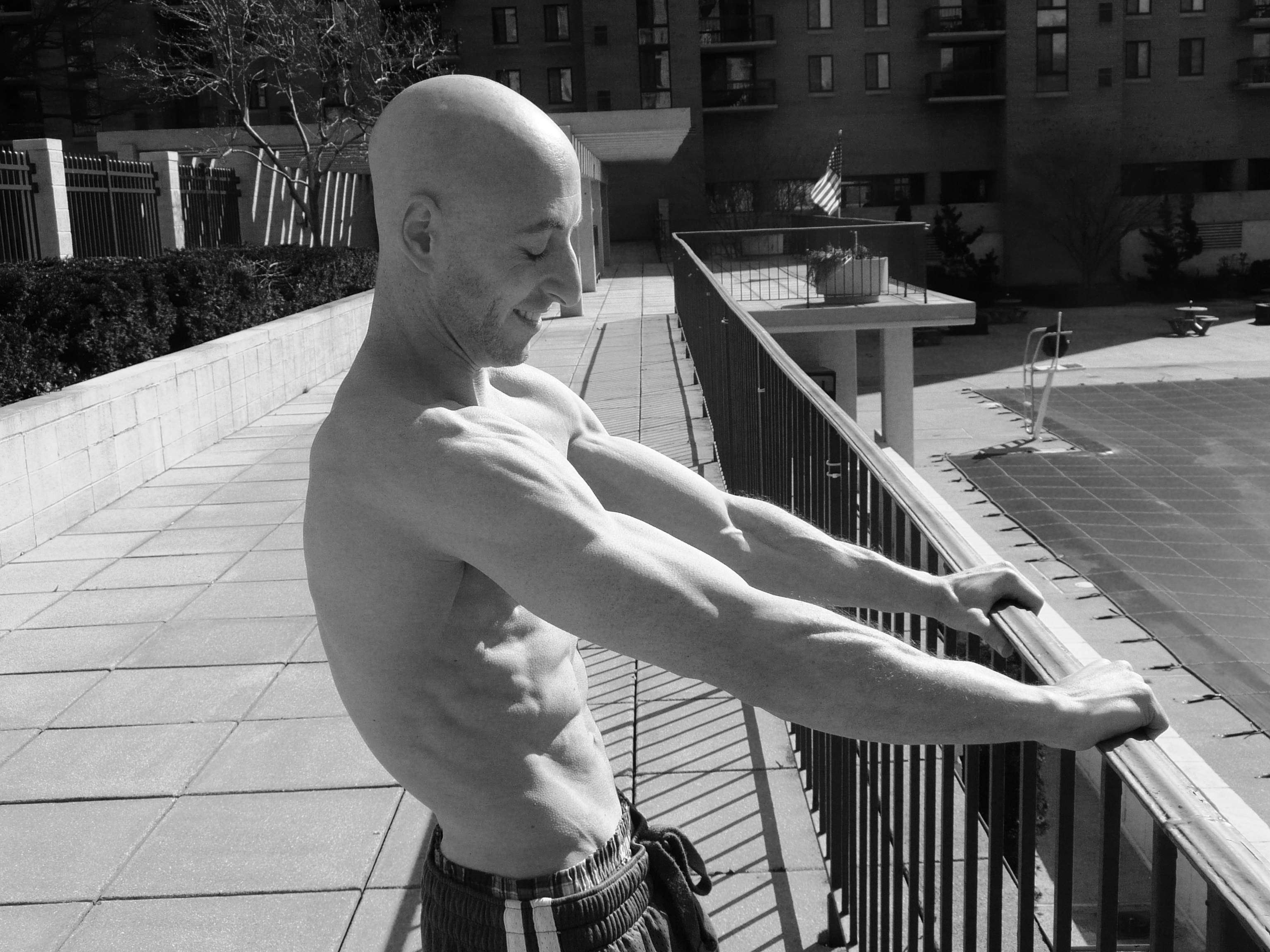I always thought about time—How long until we get there, Mommy and Daddy? . . . Fifteen minutes, Benjamin . . .no matter the destination, my parents always proclaimed the car ride would take 15 minutes—but time assumed new significance when I was 16.
I remember, then, scanning the ceiling and thinking about time. Unlike my bedroom nowadays, in which even my computer’s LED light is covered with a blackout sticker, my hospital room dazzled with light streaming in through the door’s small window and from the IV machine’s red digits telling me fluid was entering my bloodstream at 150 milliliters an hour. The light pollution may have prevented me from falling asleep, but it also allowed me to see all those rectangles on the ceiling which I then counted like sheep in hopes that the repetition would overcome the light’s former-named effect.
My counting eventually did lead to my slumber, once my mind settled and stopped wandering on the number of cycles of chemo remaining and the days I’d be hospitalized and the months until treatment ended and the pretty girls at school whom I crushed on but was too timid to speak to and the time I would lose to cancer and how it would be cool if cancer’s finality took just 15 minutes to reach.
Now 15.5 years free from bone cancer and nearly 14 years free from cancer of the bone marrow, time means everything to me, though, I still sometimes think of it in the same way as I thought of it as a kid. I can’t help it; after all, I am still [super]human.
How much longer until I earn my MFA in creative writing?
How much longer until I finish my full-time-work-and-school schedule and am no longer a hermit?
How much longer until I have the time to watch TV series again?
I also think of time in the same way an adult thinks of time, which means, like great fiction, multiple things. We adults think about not just when something will end—whether it’s 15 minutes or years—but also how long until something starts. Sometimes, adults also think about how much longer we have until something is gone forever, as in, When will my aging ovaries stop my biological clock from ticking? or, What is the half-life of semen stuck inside a plastic capsule and frozen in liquid nitrogen at the cryobank?
Time is our most valuable resource. Snap Inc. stock could crash and cause us to go bankrupt after we transfer our life savings into it, but with time we could make it all back on Facebook stock. Our significant other could ghost us, but there’s always more swipe-rights. But, if we run out of time, then that’s it (at least I think that’s it).
I just finished reading The Lovely Bones, a 2002 novel about a teenage girl who, after being raped and murdered, watches from heaven her family try to cope. I completed the second half of book in one sitting, first while sitting on my couch and then on my balcony and then back again to the couch. [Continue reading after the jump]
 |
| Kindle Touch, JBL Charge 2+ Bluetooth speaker playing ambient instrumentals, the lights of Arlington, Virginia, and the occasional Black & Mild make for a perfectly solitary and impactful evening. |
I thought about my friend, Bluosity, who, even though she graduated from Stonecoast two months ago, has challenged herself to read one book a week in 2017. Did I mention even though she already graduated?!
Bluosity thinks she’s doing good by reading, because it teaches her about the human condition in ways nothing else can (my words), and because it reminds her we’re not alone (her words). “It's a paradox,” Bluosity writes in her blog 52-18, “to be physically alone while we read, but to feel as though we're with someone—even sometimes, an entire village—and to gain a sense of community, a heart-pat, so to speak, to tell us that everything will be just fine.”
While reading The Lovely Bones, I thought about whether I was doing myself good by sacrificing all activities I could have otherwise been doing. I thought about whether I would continue reading for four hours at a time on a 52-degree clear-skied evening after I graduate. I thought about whether I could continue to go without watching a single television series, since I quit them all cold turkey. I thought about whether I could never look at my Facebook timeline again, since I quit that, too, and replaced it with placing telephone calls to my friends.
I think, Yes.
I thought about time and whether reading is a good use of it—whether I’m doing good by spending one entire evening reading, one evening out of my remaining 17,034 if I live to 80, one evening out of my remaining 2,434 if I live to 40, one evening out of my remaining 399 if I live to 15 years free from any cancer.
I think, Yes.
I think there is value in considering how we spend our time, which, if we are among the fortunate ones in the world, is more of a choice than not, even if we don’t realize that as we transition from day to day.
Just don’t try to take away my 15 minutes of Trump news each morning. Some things are not sacrificable.
Appearances
I’ll be the keynote speaker at the Children’s Hospital of Wisconsin 2017 Living With Sarcoma conference on April 1 at the Milwaukee County Zoo. See you there?
Social Media
Visiting the Library of Congress—think I can find my books here?
My bibliography just got way more awesomer.
"Living with cancer" notebooks, pre-digital. Leia Mais…







